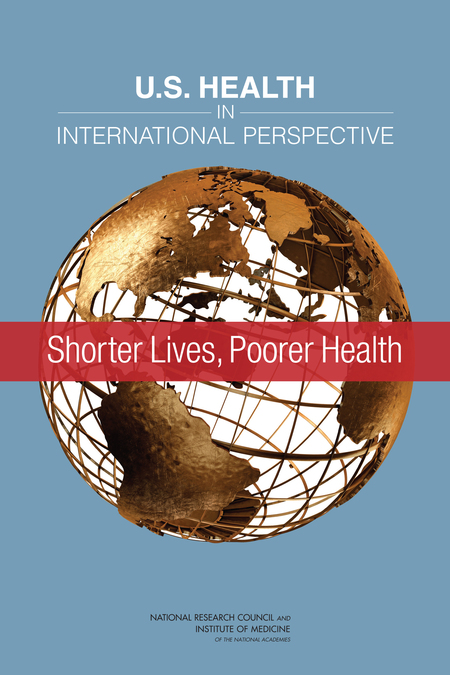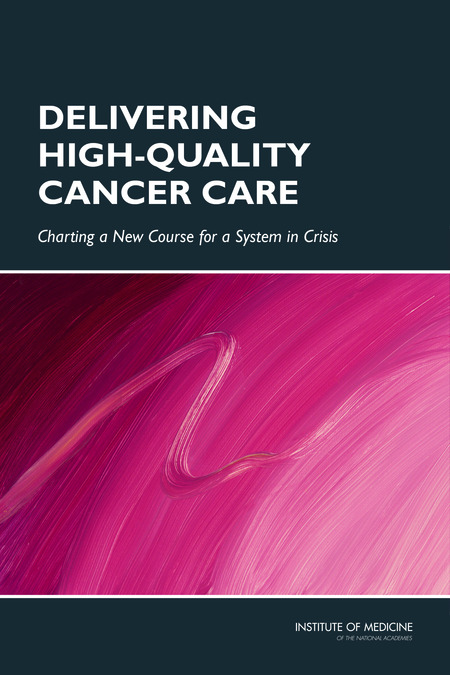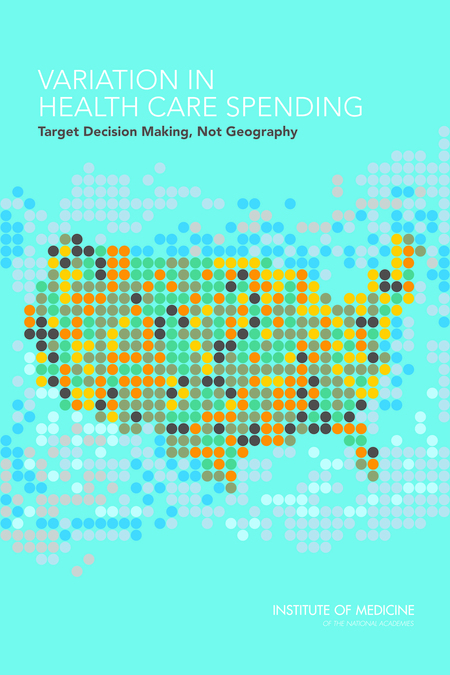Clinical trials generate vast amounts of data, yet a large portion of this information is never published or made available to other researchers. Data sharing could advance scientific discovery and improve clinical care, but it involves potential risks and costs for key stakeholders, including clinical trialists, sponsors, researchers, and patients. Our publications discuss the challenges and opportunities for stakeholders to better harmonize incentives, policy, data standards, and governance to encourage the sharing and reuse of clinical trial data sharing.
Sharing Clinical Trial Data: Maximizing Benefits, Minimizing Risk
Data sharing can accelerate new discoveries by avoiding duplicative trials, stimulating new ideas for research, and enabling the maximal scientific knowledge and benefits to be gained from the efforts of clinical trial participants and …
The Prevention and Treatment of Missing Data in Clinical Trials
Randomized clinical trials are the primary tool for evaluating new medical interventions. Randomization provides for a fair comparison between treatment and control groups, balancing out, on average, distributions of known and unknown factors …
Sharing Clinical Research Data: Workshop Summary
Pharmaceutical companies, academic researchers, and government agencies such as the Food and Drug Administration and the National Institutes of Health all possess large quantities of clinical research data. If these data were shared more widely …
Biomarker Tests for Molecularly Targeted Therapies: Key to Unlocking Precision Medicine
Every patient is unique, and the evolving field of precision medicine aims to ensure the delivery of the right treatment to the right patient at the right time. In an era of rapid advances in biomedicine and enhanced understanding of the genetic …
Discussion Framework for Clinical Trial Data Sharing: Guiding Principles, Elements, and Activities
Sharing data generated through the conduct of clinical trials offers the promise of placing evidence about the safety and efficacy of therapies and clinical interventions on a firmer basis and enhancing the benefits of clinical trials. …
The National Cancer Institute’s (NCI) Clinical Trials Cooperative Group Program has played a key role in developing new and improved cancer therapies. However, the program is falling short of its potential, and the IOM recommends changes that aim …
Ovarian Cancers: Evolving Paradigms in Research and Care
In an era of promising advances in cancer research, there are considerable and even alarming gaps in the fundamental knowledge and understanding of ovarian cancer. Researchers now know that ovarian cancer is not a single disease–several distinct …



























